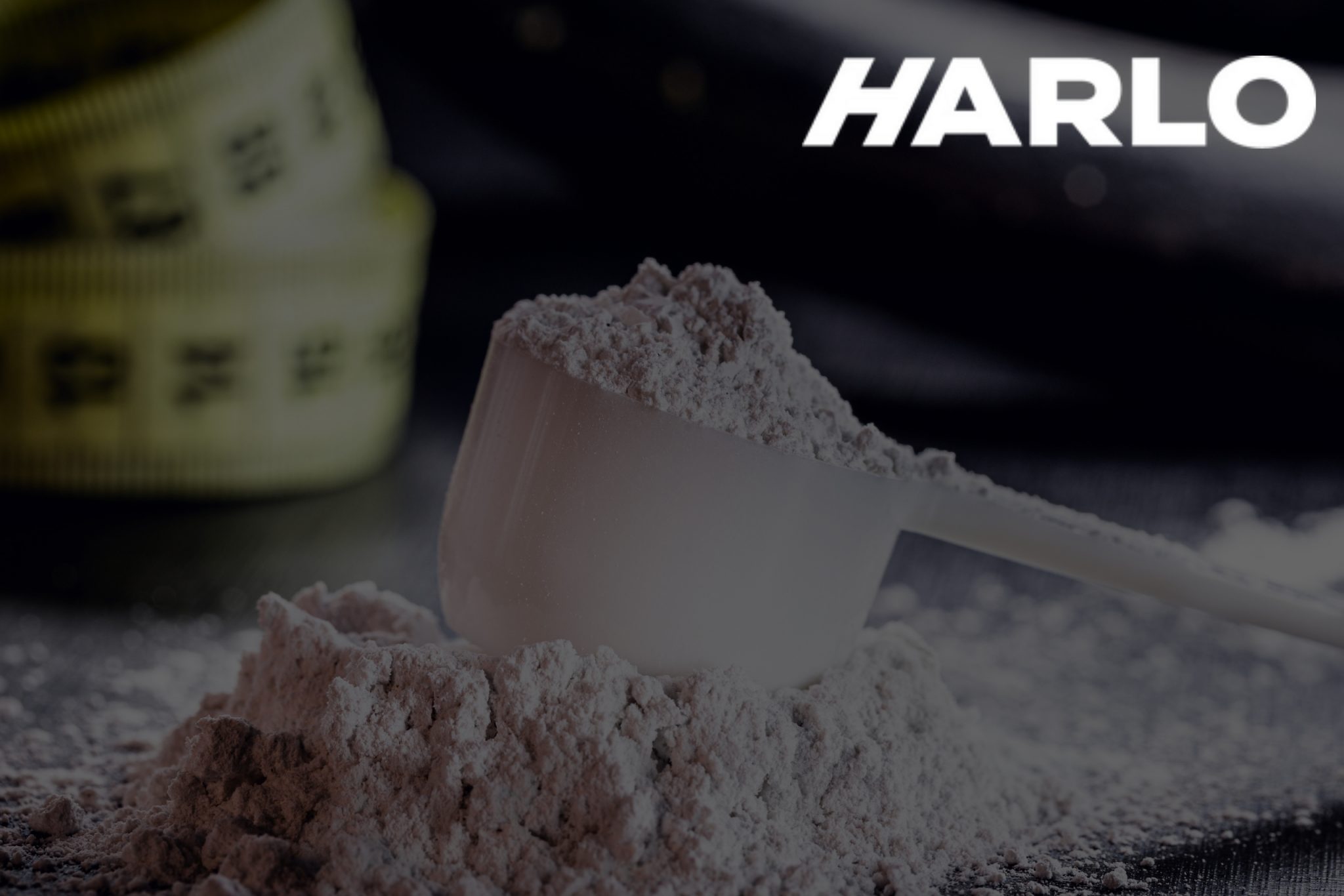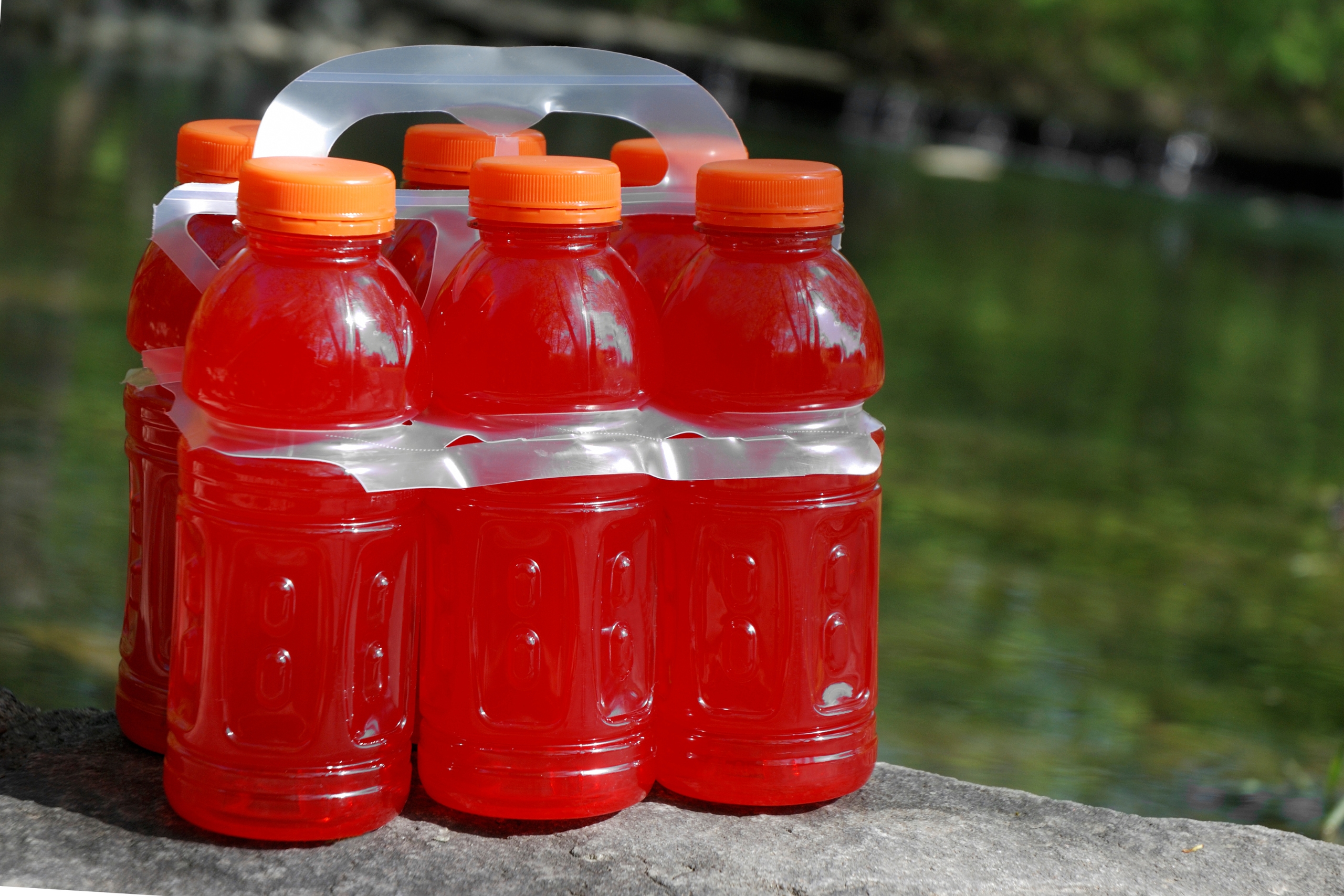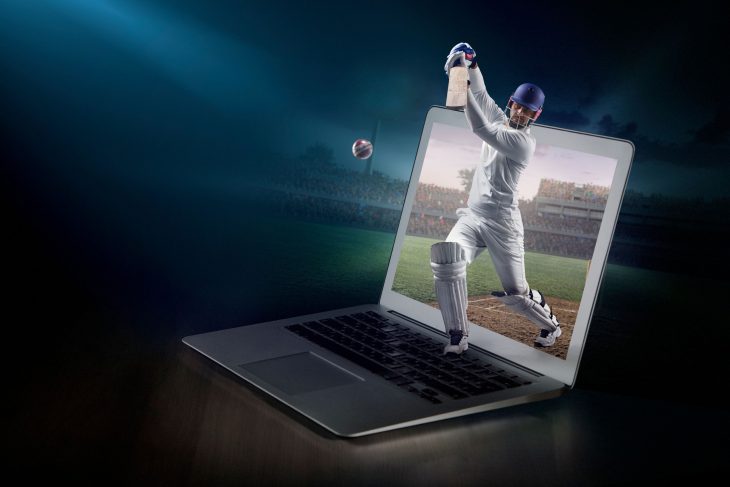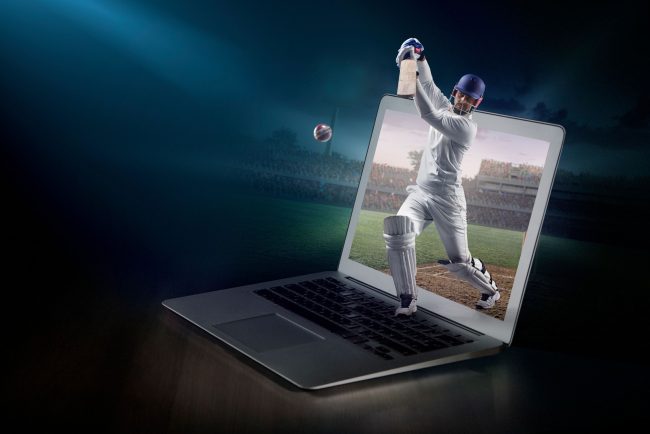
Are sports drinks really necessary for your workout routine? With so many options available on the market, it can be confusing to know which one is the best choice for you.
Sports drinks have become a popular choice for athletes and gym-goers alike, claiming to provide hydration, energy, and electrolyte replenishment. However, not all sports drinks are created equal, and it’s important to understand the factors to consider before deciding whether or not to include them in your fitness regimen.
Before reaching for that brightly colored bottle of sports drink, it’s important to consider the ingredients, nutritional value, and potential benefits and drawbacks. By understanding the factors at play, you can make an informed decision about whether sports drinks are a necessary addition to your exercise routine.
Importance of Proper Hydration
Proper hydration is crucial for maintaining optimal performance and overall health, especially during physical activities. Before, during, and after engaging in strenuous exercise, ensuring adequate fluid intake is vital.
The impact of dehydration on performance and health cannot be understated. When the body lacks sufficient water, it can lead to decreased endurance, muscle cramps, and fatigue. Dehydration impairs the body’s ability to regulate body temperature, resulting in overheating and potential heatstroke. Furthermore, it can cause dizziness, headaches, and reduced cognitive function, hampering decision-making and coordination skills.
To maintain fluid balance, sports drinks play a significant role. Unlike plain water, sports drinks contain electrolytes that are lost through sweating. Electrolytes, such as sodium, potassium, and magnesium, help replenish vital nutrients and facilitate fluid absorption. They contribute to maintaining proper muscle function, nerve impulse transmission, and hydration levels.
Sports drinks also provide carbohydrates, which are essential for energy replenishment during prolonged physical activity. These drinks contain glucose, fructose, and other sugars that can be readily absorbed by the body, supporting muscle function and preventing fatigue.
Purpose of Sports Drinks
Sports drinks serve several purposes when it comes to enhancing physical performance and aiding recovery. One key purpose of these beverages is to promote hydration and replenish electrolytes in the body. During intense physical activity, our bodies lose not only water but essential minerals known as electrolytes through sweat. Sports drinks contain electrolytes such as sodium, potassium, and magnesium, which help to replace these lost minerals and maintain proper fluid balance.
Furthermore, sports drinks provide an energy boost for physical activity. They typically contain carbohydrates in the form of sugars, which provide a quick source of fuel for the muscles. This can help athletes maintain their energy levels during prolonged or intense exercise sessions.
In addition to hydration and energy replenishment, sports drinks are also known to improve athletic performance. The combination of fluids, electrolytes, and carbohydrates in these beverages helps to prevent fatigue, cramping, and dehydration. By keeping the body properly fueled and hydrated, athletes can perform at their peak and sustain their endurance for longer periods.
Overall, the purpose of sports drinks is to optimize physical performance by addressing the body’s hydration, electrolyte, and energy needs. However, it is important to note that these beverages are typically designed for athletes and those engaging in prolonged or high-intensity exercise. For individuals with a less active lifestyle, water and a balanced diet may be sufficient to meet their hydration and nutritional requirements.
Key Factors to Consider When Choosing Sports Drinks
When choosing a sports drink, there are several key factors that need to be considered. These factors include the ingredients, nutritional content, purpose and timing of consumption, as well as personal preferences.
Firstly, it is important to carefully examine the ingredients list of a sports drink. Look for drinks that contain electrolytes, carbohydrates, and sugars. Electrolytes are crucial for maintaining proper hydration and replacing key minerals lost through sweat. Carbohydrates provide energy, while sugars can help with quick energy boosts during intense workouts. Avoid drinks that contain artificial additives, as these can be harmful to your health.
Secondly, pay attention to the nutritional content of the sports drink. Check the caloric content, especially if you are watching your calorie intake. Look for drinks with a reasonable amount of protein, as this can aid in muscle recovery and growth. Additionally, consider the vitamin and mineral content, as these nutrients are essential for overall health and performance.
The purpose and timing of consumption should also be taken into account. Different sports drinks cater to different needs. Some are meant for pre-workout consumption, providing a boost of energy and hydration before exercise. Others are designed for consumption during a workout to replenish electrolytes and maintain energy levels. Lastly, there are sports drinks that are specifically formulated for post-workout recovery, aiding in muscle repair and rehydration.
Lastly, personal preferences play a significant role in choosing a sports drink. Consider the taste of the drink and whether it is appealing to you. Moreover, take note of any allergies or dietary restrictions that may require you to choose a specific type of sports drink.
Components of Sports Drinks
Sports drinks are formulated to provide hydration during intense physical activity. They typically contain a combination of water, electrolytes, and carbohydrates. These components work together to replenish fluids, restore electrolyte balance, and provide energy to athletes.
The water content in sports drinks is an essential component as it helps to rehydrate the body and replace fluids lost through sweating. When individuals engage in vigorous exercise, they experience increased fluid loss; therefore, sports drinks with higher water content are beneficial for maintaining proper hydration levels.
Electrolytes play a crucial role in sports drinks. During exercise, electrolytes such as sodium, potassium, and magnesium are lost through sweat. These minerals are responsible for maintaining fluid balance, muscle function, and nerve transmission. By including electrolytes in sports drinks, athletes can replace these essential minerals and avoid potential imbalances that may lead to muscle cramps or fatigue.
Carbohydrates are another key component of sports drinks. They provide a source of energy to the muscles during physical activity. Carbohydrate concentrations in sports drinks can vary, but generally, these drinks contain between 6-8% carbohydrates. This concentration is optimal for quick absorption and utilization by the body without causing gastrointestinal discomfort.
Benefits of Sports Drinks
Sports drinks are specially formulated beverages that provide several benefits when consumed during and after exercise. They are designed to enhance muscle function, replenish glycogen stores, and improve fluid intake compared to water alone.
One of the key benefits of sports drinks is their ability to enhance muscle function during exercise. These drinks contain carbohydrates in the form of sugars, which provide a readily available source of energy for the muscles. Consuming sports drinks before or during exercise can increase endurance and delay fatigue, allowing individuals to perform at their peak for longer periods of time.
Another important benefit of sports drinks is their ability to replenish glycogen stores post-workout. Glycogen is a form of carbohydrate that is stored in the muscles and liver, and it is the primary fuel source for high-intensity exercise. When glycogen stores are depleted during intense physical activity, the muscles become fatigued, and performance declines. Sports drinks contain carbohydrates that are quickly absorbed and converted into glycogen, helping to restore energy levels and speed up recovery.
Furthermore, sports drinks are beneficial for improving fluid intake compared to water alone. During exercise, the body loses water and electrolytes through sweat, which can lead to dehydration and a decline in performance. Consuming sports drinks that contain electrolytes, such as sodium and potassium, helps to maintain proper hydration levels and restore electrolyte balance.
Considerations for Athletes
When it comes to considerations for athletes, two important factors that need to be taken into account are sodium levels in sports drinks and consumption of these drinks based on body weight.
Sodium levels in sports drinks are crucial for athletes who engage in intense physical activities. Sodium is an electrolyte that aids in maintaining the body’s fluid balance, nerve function, and muscle contractions. During exercise, athletes lose sodium through sweat, which can lead to dehydration and muscle cramps if not replenished adequately. Therefore, it is essential to choose sports drinks that contain an appropriate amount of sodium to replace what is lost during activity.
Additionally, the consumption of sports drinks should be based on an individual’s body weight. Athletes have different hydration needs depending on their size, metabolism, and the intensity of their workouts. Consuming the right amount of fluids is crucial for performance and recovery. A general guideline is to drink approximately 16-20 ounces of fluids two to three hours before exercise, 8-10 ounces during exercise, and 24 ounces for each pound lost after exercise.
It is worth noting that these guidelines may vary depending on factors such as climate, duration of exercise, and individual differences. Athletes should consult with sports nutritionists or healthcare professionals to determine their specific hydration and sodium needs.

Conclusion
In conclusion, when considering sports drinks, it is important to pay attention to the ingredients, nutritional content, purpose and timing of consumption, personal preferences, and potential risks. It is crucial to consult with a healthcare professional before making changes to your diet. Proper hydration plays a key role in athletic performance and overall health. Sports drinks can help maintain fluid balance and provide additional benefits during physical activities. Be mindful of the sugar and caffeine content, as well as any potential side effects of artificial additives. Ultimately, choosing the right sports drink can enhance your athletic performance and overall well-being. Remember to prioritize hydration before, during, and after exercise to optimize your physical abilities and maintain optimal health.









































